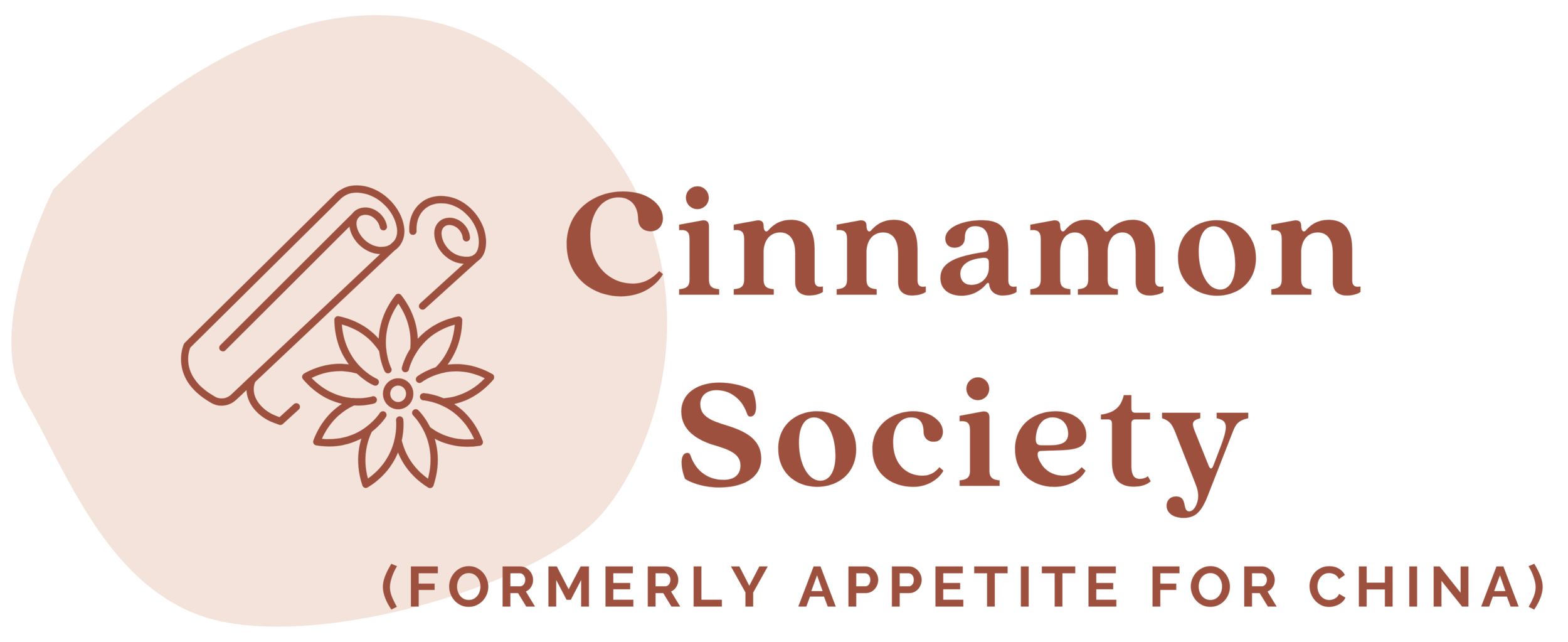Kosher Chinese Cooking - Ingredients and Books
A woman who attended one of my cooking classes recently emailed an excellent question: her daughter kept kosher, and she wondered whether any Chinese pantry staples can be purchased kosher.
I was curious about this myself. So to start, I went through my own pantry for the OK and OU symbols. Then I dug a little deeper online. Not surprisingly, Soy Vay was one of the top brands that surfaced on Google (During my undergrad days at Brandeis, I cooked with their Veri Veri Teriyaki sauce religiously....pun completely accidental.)
Here's a list of pantry ingredients I commonly use for Chinese cooking and where to find them kosher.
Soy sauce - My big bottle of Kikkoman soy sauce carries the kosher parve symbol. And Kikkoman is pretty much available everywhere, in many different bottle sizes. They also have kosher low-sodium and gluten-free versions. Lee Kum Lee, a brand found in every Chinese market, also fits the bill.
Hoisin sauce - Lee Kum Kee and Soy Vay produce kosher hoisin sauces. Soy Vey products can be found at Trader Joe's, Whole Foods, and other supermarkets.
Sesame oil - Eden Organic makes a kosher sesame oil.
Chili sauce - Lee Kum Kee makes kosher chili sauces and chili garlic sauces.
Rice vinegar - Marukan rice vinegar, according to my bottle, is certified kosher.
Chinese black vinegar / Balsamic vinegar - Whenever I list Chinese black vinegar as an ingredient in a recipe, I also mention balsamic vinegar as an alternate ingredient. That's because a good balsamic vinegar makes an excellent substitute, since both are aged, slightly smoky, and slightly sweet. While Chinese black vinegars aren't kosher, you can definitely substitute your favorite kosher balsamic vinegar.
Chinese rice wine / Dry sherry - Same situation as above. Dry sherry is a great substitute for Chinese rice wine, and while Chinese rice wines don't come kosher, sherry does, though I've heard it can be hard to find.
As for books on kosher Chinese cooking, check out these titles:
- Chinese Kosher Cooking by Betty Goldberg
- The Complete Asian Kosher Cookbook [Hardcover] by Shifrah Devorah Witt and Zipporah Malka Heller
- Millie Chan's Kosher Chinese Cookbook
Or The Kosher Cookbook Trilogy. I picked up this particular copy below two years ago at Housing Works. The Chinese portion includes gems like Matzoh Brei Foo Yong, "Shrimp Puffs" that use gefilte fish, and Fortune Strudel. I haven't tried cooking from the book yet so I can't vouch for how the recipes turn out, but at least the titles and headnotes make for interesting reading.


